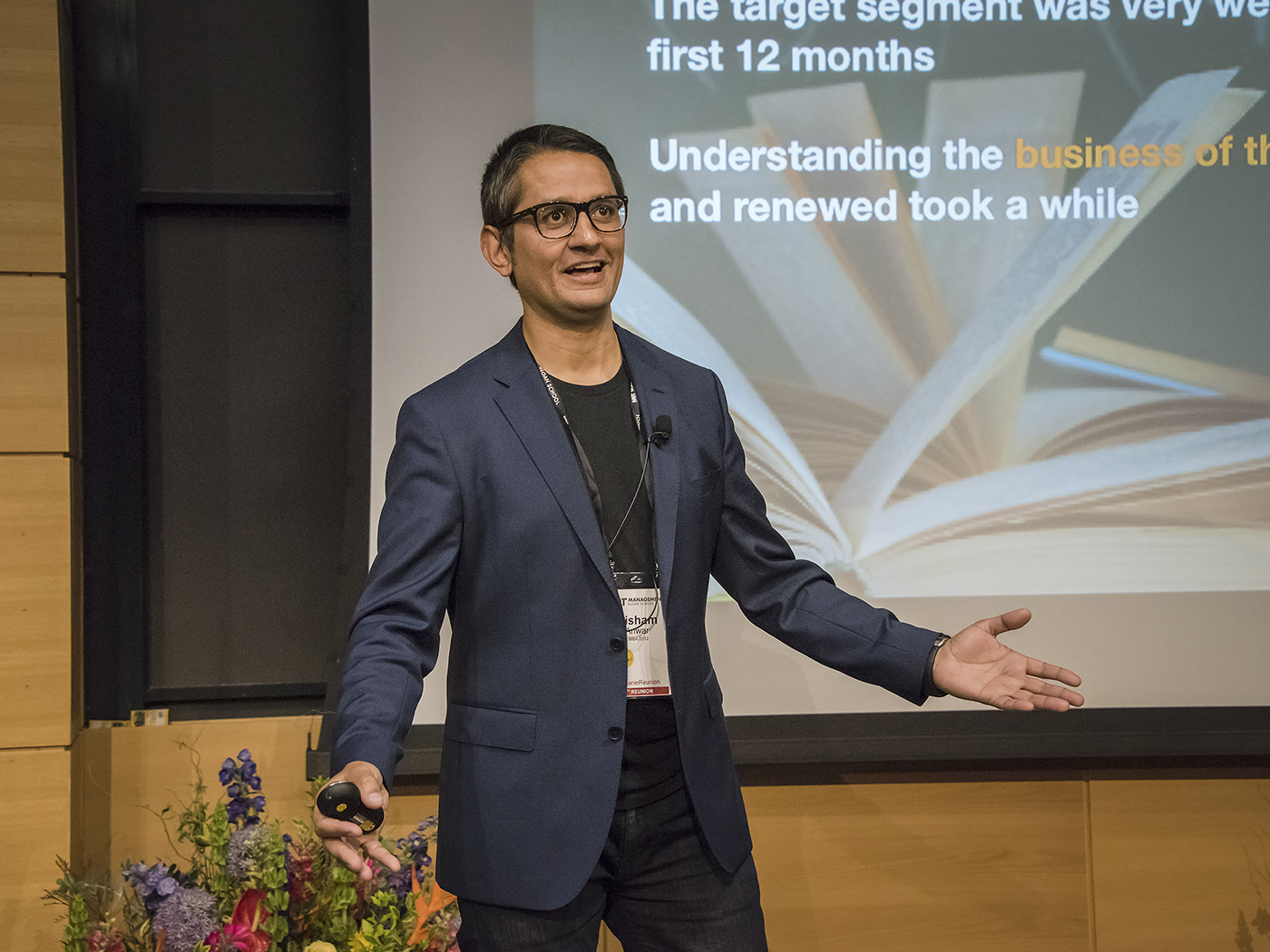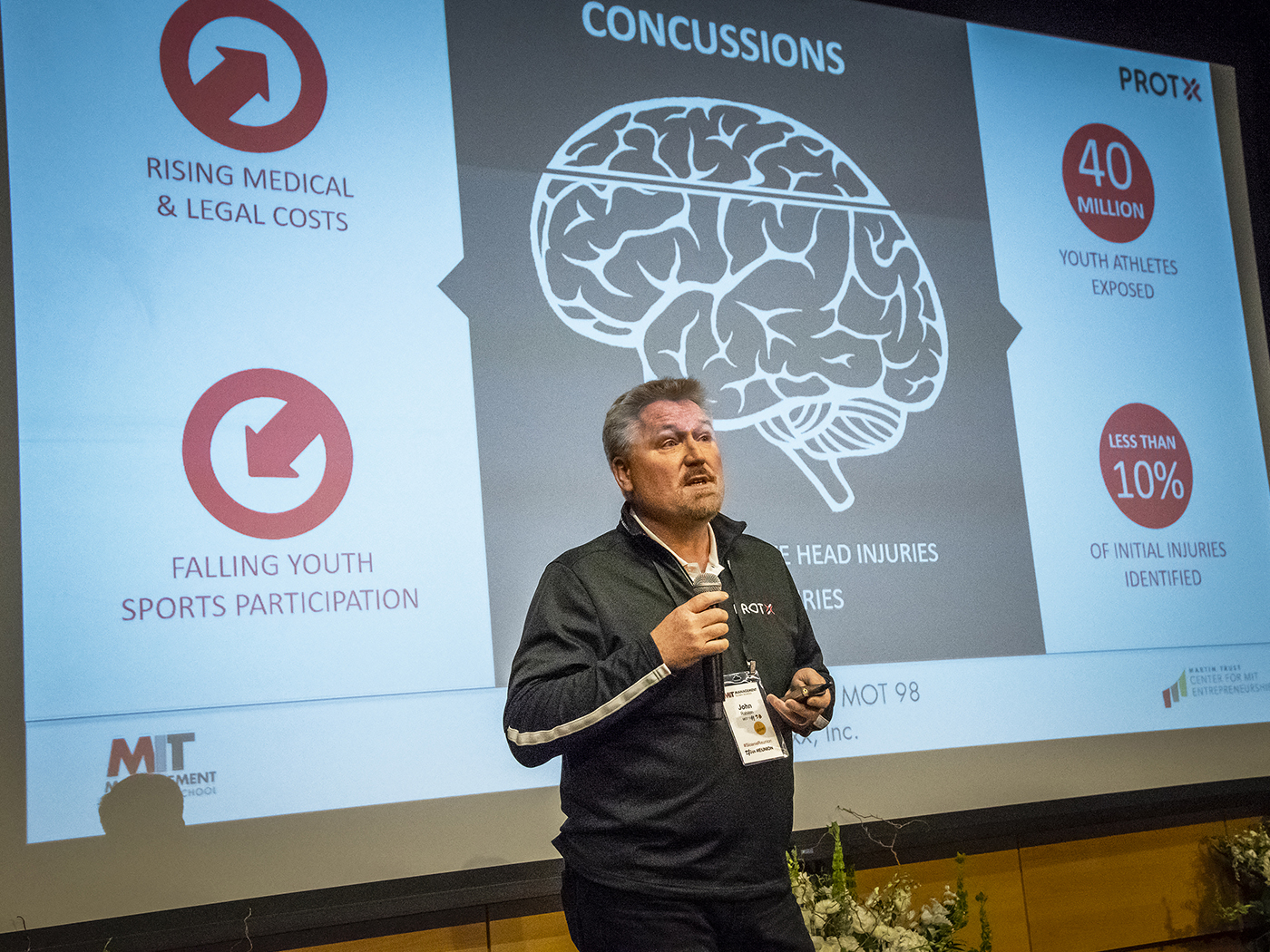Search

MIT Sloan Innovation Showcase 2017
Click to view sessions recorded at the event.

MIT Sloan Innovation Showcase: Beaver Tank 2018
Click to view sessions recorded at the event.

Click to view sessions recorded at the event.

Click to view sessions recorded at the event.